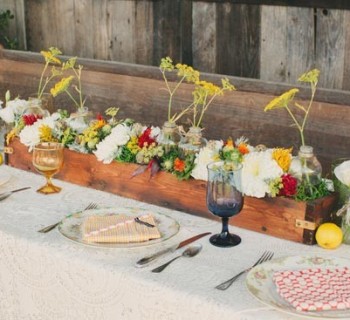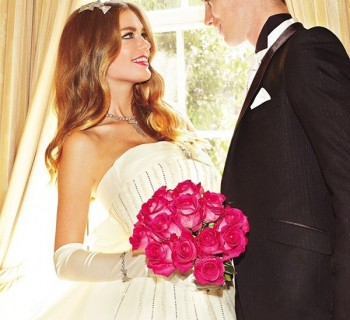What culture and people do not take, and the wedding and wedding preparations everywhere goes differently. This was especially noticeable in the days of our ancestors. Today we’ll talk about the bride. First of all, they differed in all cultures in the significance of the event, which to some extent determined the composition of the "delegation" and the particularities of the procedure itself - smotrin.
Previously, in more affluent families, the bridegroom was held in two stages: the acquaintance of the young and the matchmaker with the bride's father. As a rule, the bride began with prayer, after which, according to tradition, all participants of the bride looked around the table three times. Then the guests sat down at the table, and tea began, which ended with the transfer of the father and the matchmaker to another room, where the contract was drawn up. It stipulated the composition of the dowry of the bride, and the amount of the ransom of the bride. There were times when the wedding was delayed or did not take place at all due to non-compliance with the terms of the contract.
The dowry, as an integral part of all the weddings of that time, played an important role in all social layers of the population. At the time of the arrangement, “conspiracy” or “bargaining”, the dowry was carefully described, including movable and immovable property, as well as income from it. This whole inventory made up a marriage contract.
In the working strata of the population, the dowry was stipulated orally. Tough requirements were set not only in relation to the ransom. Parents of the bride had the right to demand compensation from the groom. At present, this demand is expressed as the ransom of the bride. In those days, the money received from the ransom went to purchase personal items for the bride.
The bride was the queen, of course, the bride, though she, as the culprit of this unpretentious process, had to remain silent and change three outfits for the whole time of the bride.
On the bridegroom could arrange a bride an exam on the ability to housekeeping. The bride, in turn, had to silently provide proof of her abilities, revenge and mop the floor, cook, wash, sew, embroider, etc..
The bridegrooms also included the process of discussing the bride, which took place between the groom and parents. The mother of the bride had to present the future son-in-law a glass of “honey drink”, if the bride liked him - the groom drank everything to the bottom.
The bridegroom was considered successful when the guests (except the bride and groom) and parents switched to the drink brought by the groom's father.


